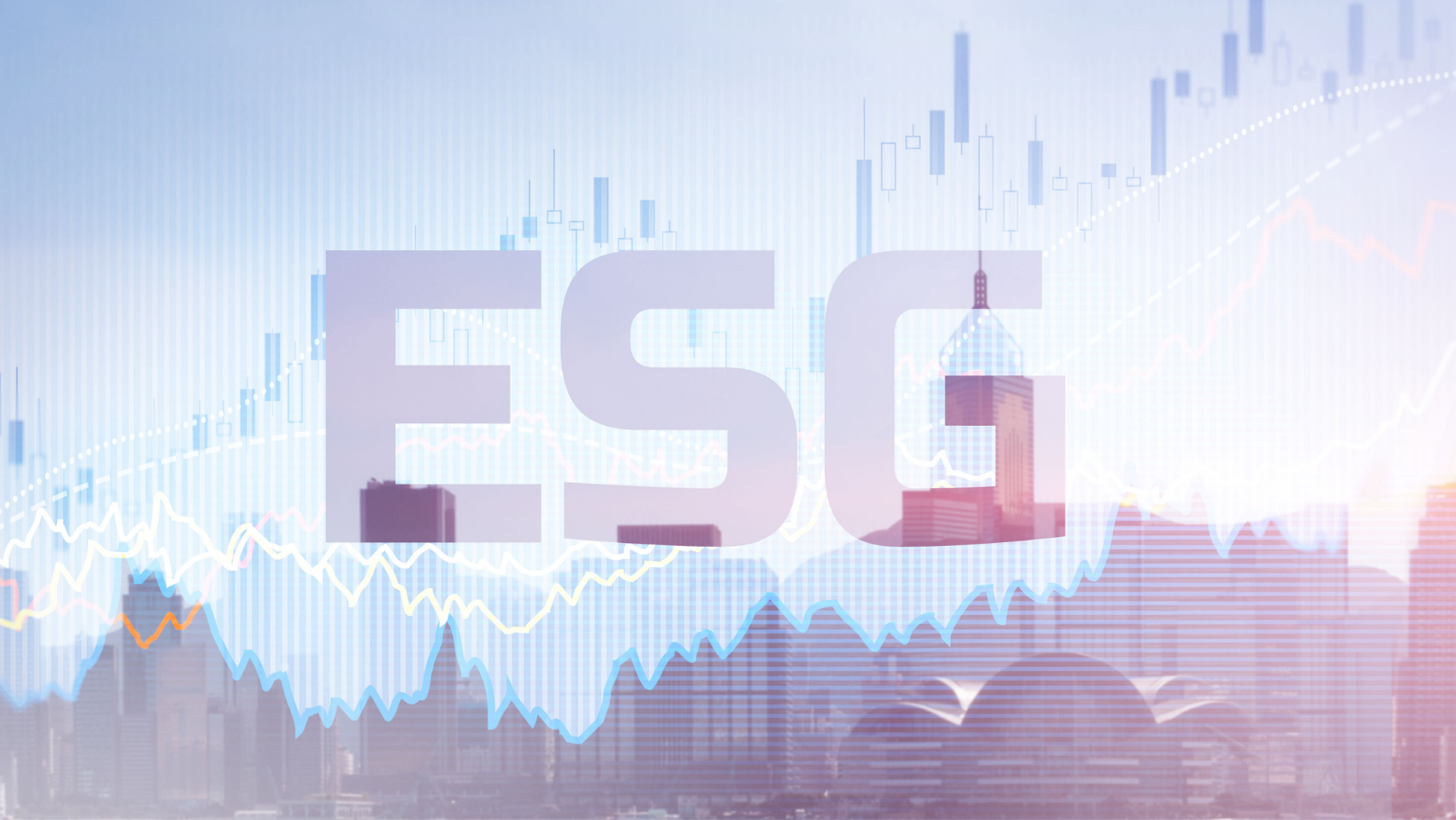Environmental, social and governance (ESG) standards have grown increasingly important for investors in recent years, as these standards have quickly become central to an organization’s reputation and overall success. While making an occasional donation to an environmental charity or social cause used to be an acceptable way to check the box, ESG performance is analyzed by investors, agencies and employees, catapulting it to the top of employers’ priorities. Not only do organizations need to prioritize and implement solutions and initiatives that support their ESG strategy at the forefront of their agendas, but also ensure that they are set up to properly track and report on ESG performance data.
ESG: What it is and why it matters
ESG has become a hot topic of discussion, and rightfully so. An organization with a comprehensive ESG strategy will lead to a more diverse, inclusive workplace, which results in higher profitability. A McKinsey study found that ESG strategies can affect operating profits by 60%. On the other hand, those without ESG initiatives are at increased risk of litigation and a dip in shareholder value.
With a new generation of socially conscious voices and values, businesses of different sizes and industries are taking ESG performance more seriously. In fact, as of 2020, 80% of publicly traded organizations and 67% of privately owned organizations had implemented ESG initiatives. With that, more than one in four S&P 500 organizations cited “ESG” in 2020 Q4 earnings calls, which is a 63% increase in ESG remarks from the previous quarter.
ESG is the broad set of environmental, social and governance criteria focused on by investors, regulatory agencies and other parties.
- Environmental: Environmental criteria refers to an organization’s impact on the environment, such as carbon footprint, climate change, water and air quality, and deforestation. With the Biden Plan calling for a net-zero emissions economy by 2050, the environmental aspect of ESG has been ignited amongst corporations, and 200 organizations have signed The Climate Pledge to reach this net-zero carbon goal 10 years early. Additionally, climate-related weather events are projected to cost organizations $1.26 trillion by 2026. Businesses are not the only ones monitoring their environmental impact; A PwC survey found that 76% of consumers will stop buying from organizations that treat the environment poorly.
- Social: Social criteria relates to an organization’s social impact internally and in the public, which includes racial and gender diversity, LGBTQIA+ equality, mental health and other equity-focused initiatives. Organizations that are not focusing on social impact are already falling behind, and current and future employees do not turn a blind eye. Research shows that 83% of employees say they are more likely to work for an organization that takes a stand on social issues. In the aftermath of the Great Resignation, retaining top talent is essential.
- Governance: Governance criteria is the defined process for managing and operating an organization. This covers the board of directors, executive committee, political contributions, hiring, onboarding and more. Essentially, governance encompasses how leadership responds to and manages issues within the business.
ESG Tracking and Mandates
The strong focus and importance placed on an organization’s ESG strategy makes it crucial to develop a framework to track and report ESG performance data and information. In fact, studies show that 64% of asset managers are concerned about a lack of transparency and disclosure on firms’ ESG activities. Additionally, more countries are requiring organizations to disclose their ESG performance, and ratings agencies review and assign ESG scores to organizations, which has the potential to attract new investors and employees. Also, it’s important to reassure current investors that they’re investing in a business that satisfies industry regulations and scrutiny.
ESG and Work Shield
If your organization wants access to stakeholders and strengthened relationships with existing investors and employees, tracking ESG metrics is key. Here at Work Shield, we offer services that help businesses track and report this data. While our organization places high priority on our environmental stewardship and awareness, partnering with Work Shield will significantly impact your social and governance ESG criteria.
- Human Capital: How an organization manages workplace discrimination and harassment is a measurable social metric that directly correlates to ESG frameworks. In addition, employee overall health and safety relates to social issues which includes injury rates, global health and safety policies, child labor policies, and human rights policies. These metrics should be tracked and reported in an organization’s ESG plan, and Work Shield offers the cutting-edge technology to track this data, making it an easy addition to an organization’s ESG plan.
- Diversity and Inclusion (D&I): D&I initiatives fall under the ‘social’ umbrella and include equal pay, gender representation, racial representation and ensuring that all employees’ voices are heard. These areas are all connected to services, products and data that Work Shield provides its partners.
- Health and Safety: Accident prevention and product safety in the workplace are key components to the social criteria of ESG. Work Shield offers the tools to ensure employees feel safe in an environment where organizational misconduct is resolved as well as trackable, accessible and data-driven.
- Governance: By partnering with Work Shield, organizations can ensure they meet workplace investigation EEOC standards as well as meeting requirements related to workplace misconduct. Joining forces with Work Shield is a measurable process that provides real-time and long-term data on ESG metrics like workforce diversity, pay ratios and employee turnover.
ESG initiatives are increasingly important to an organization’s long term success and belong at the forefront of leadership’s strategic planning. They are not only crucial to stakeholders and rating agencies, but they contribute to employee retention, as businesses with the highest employee satisfaction had ESG scores 14% higher than the global average. A partnership with Work Shield is an actionable, measurable step toward fulfilling your organization’s ESG plans while creating a healthy workplace culture for all.





